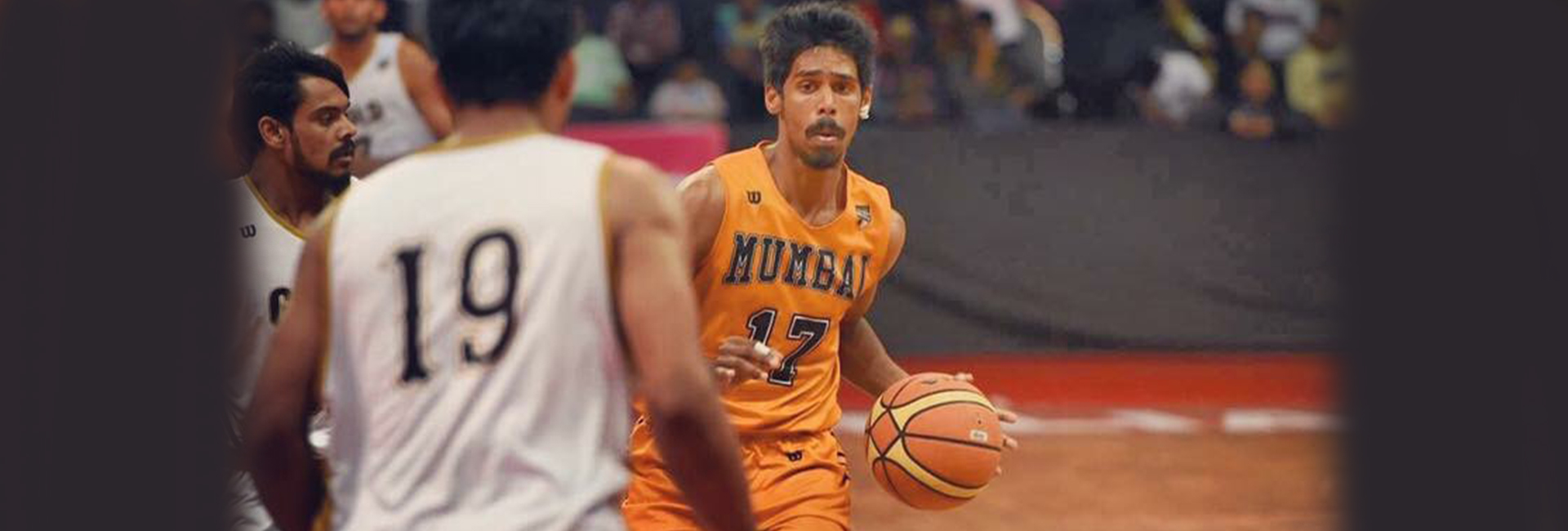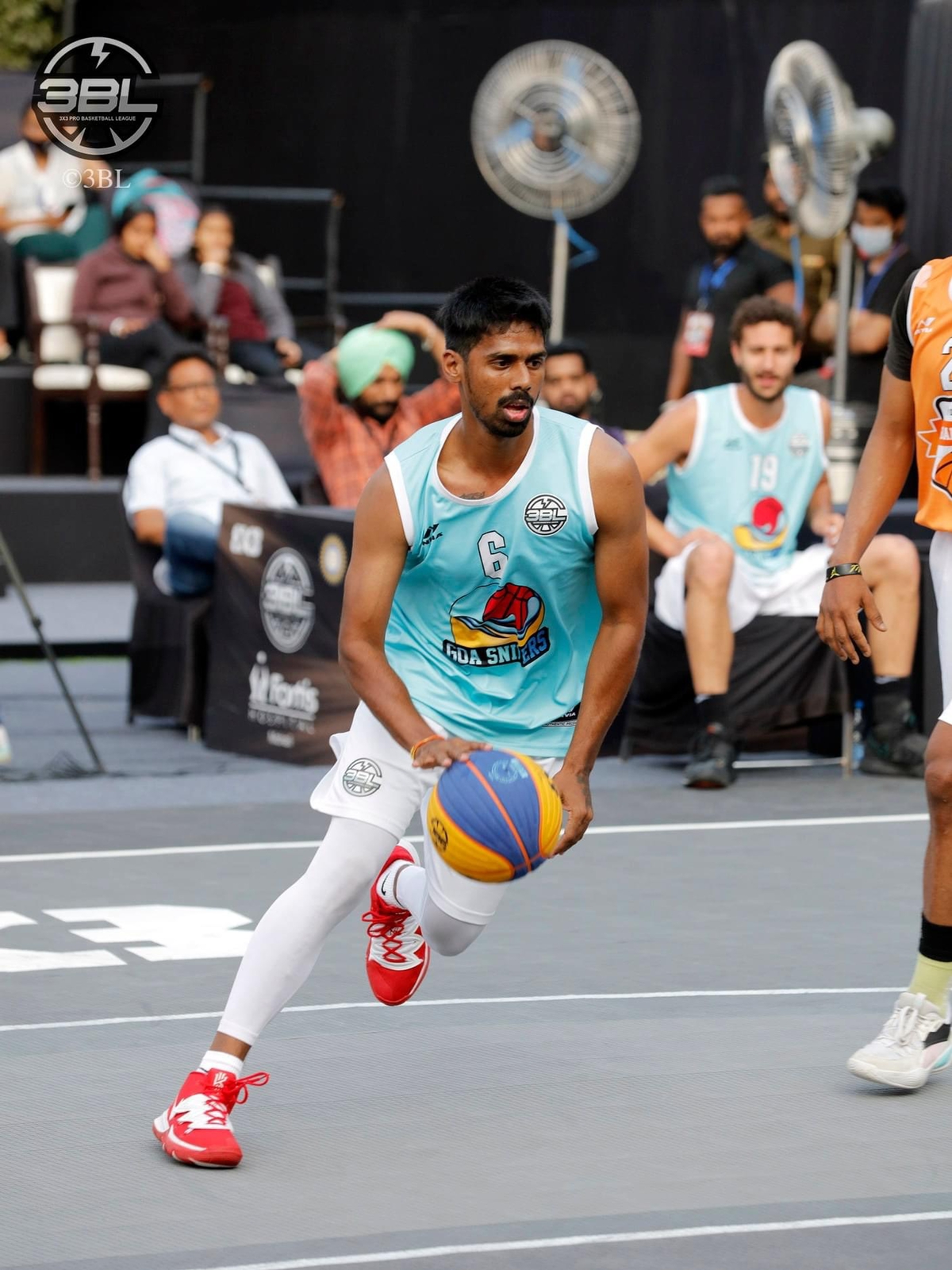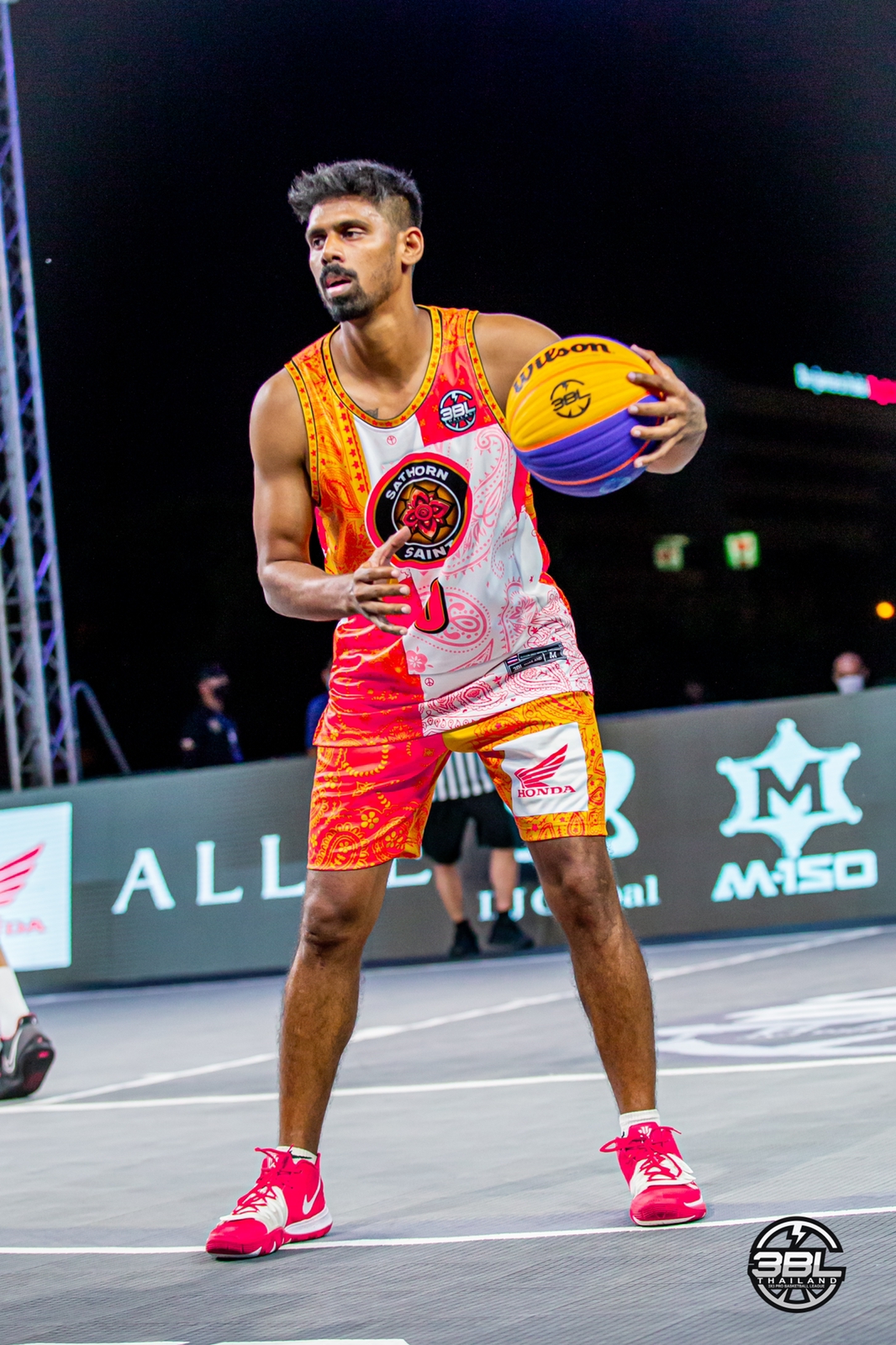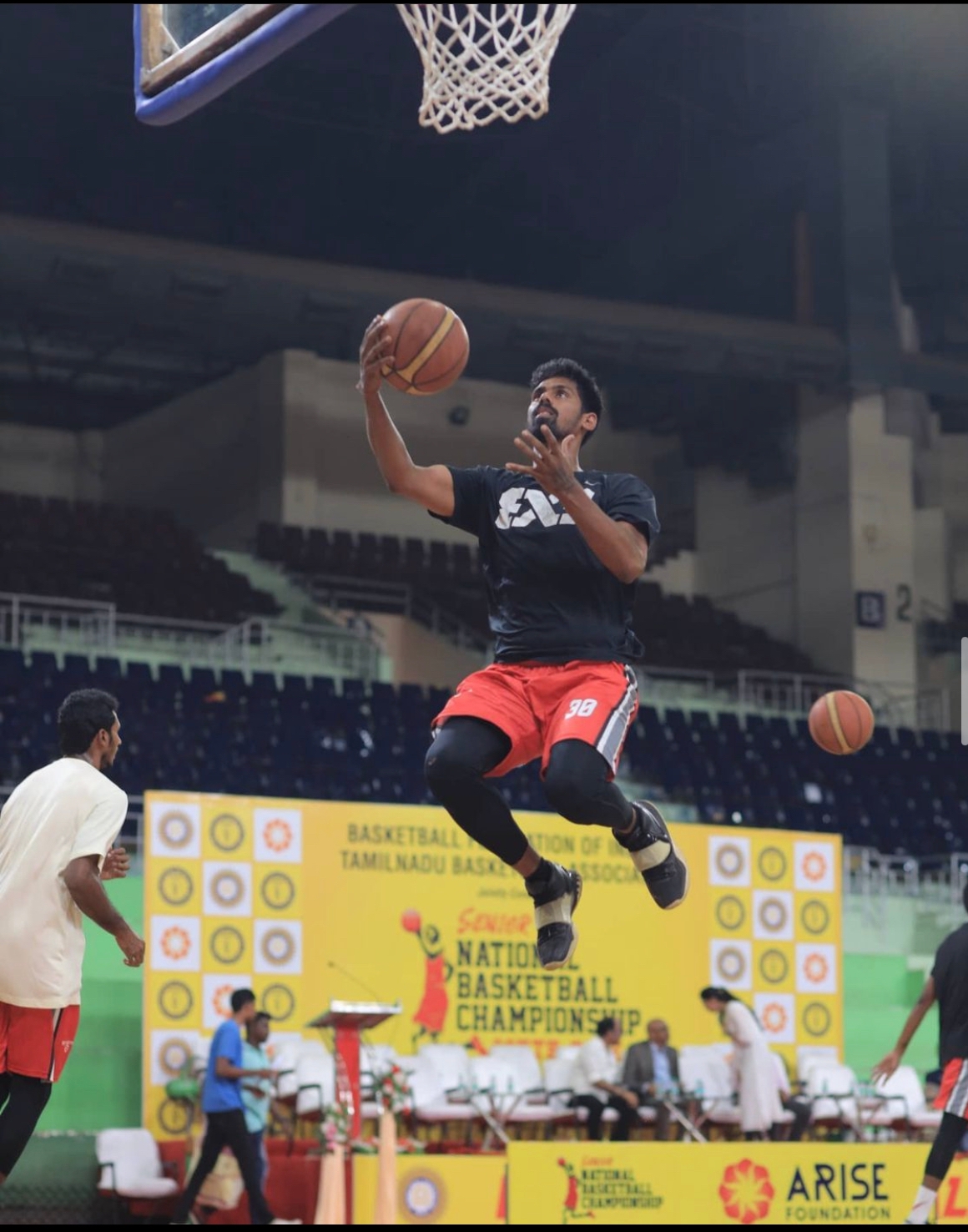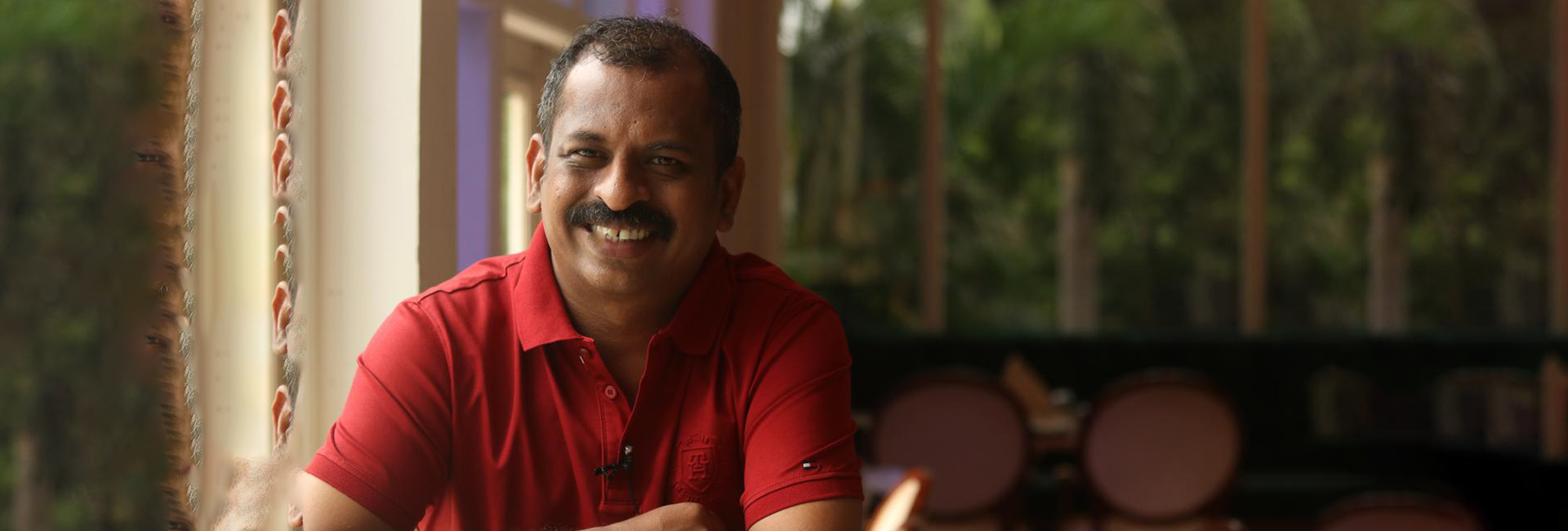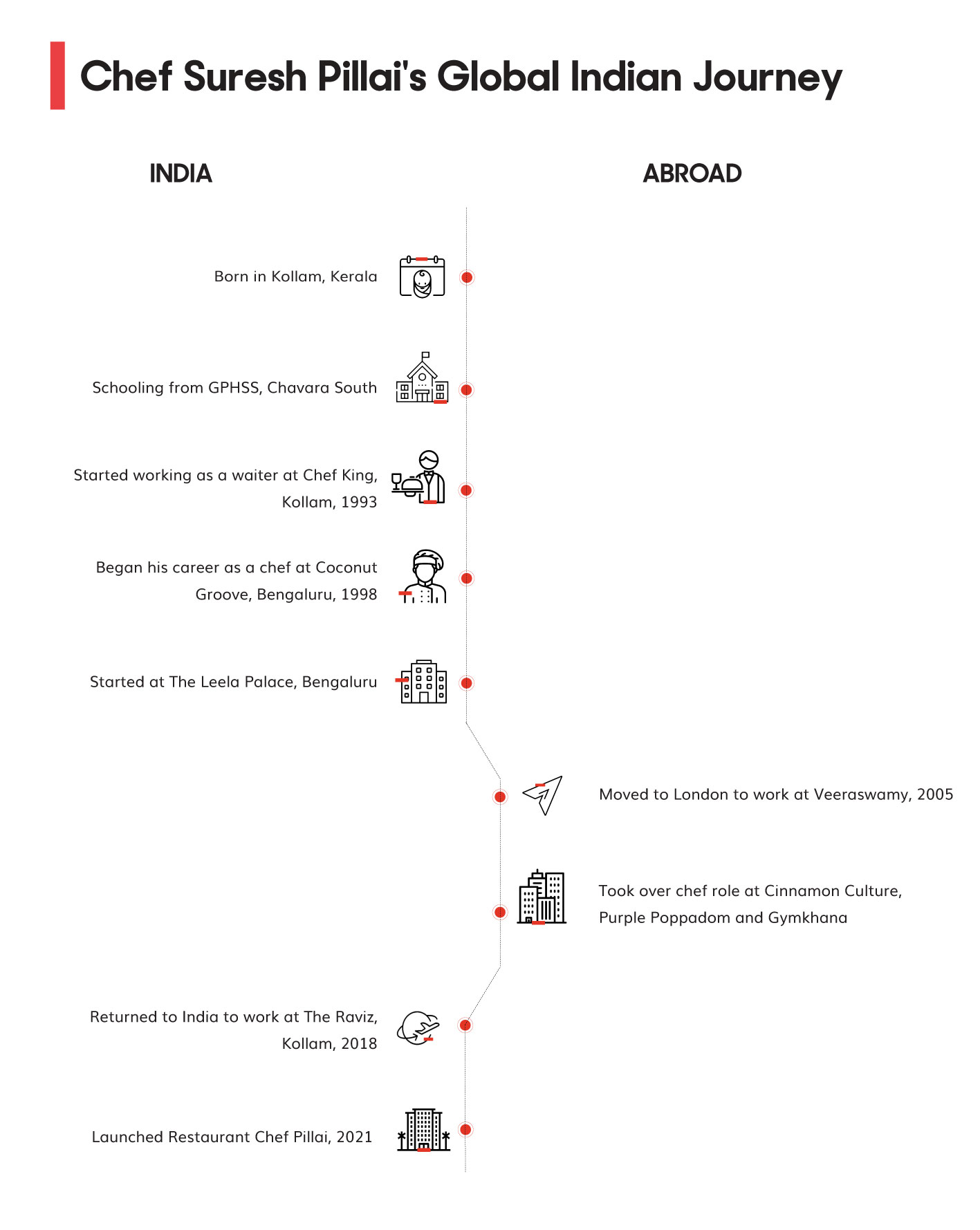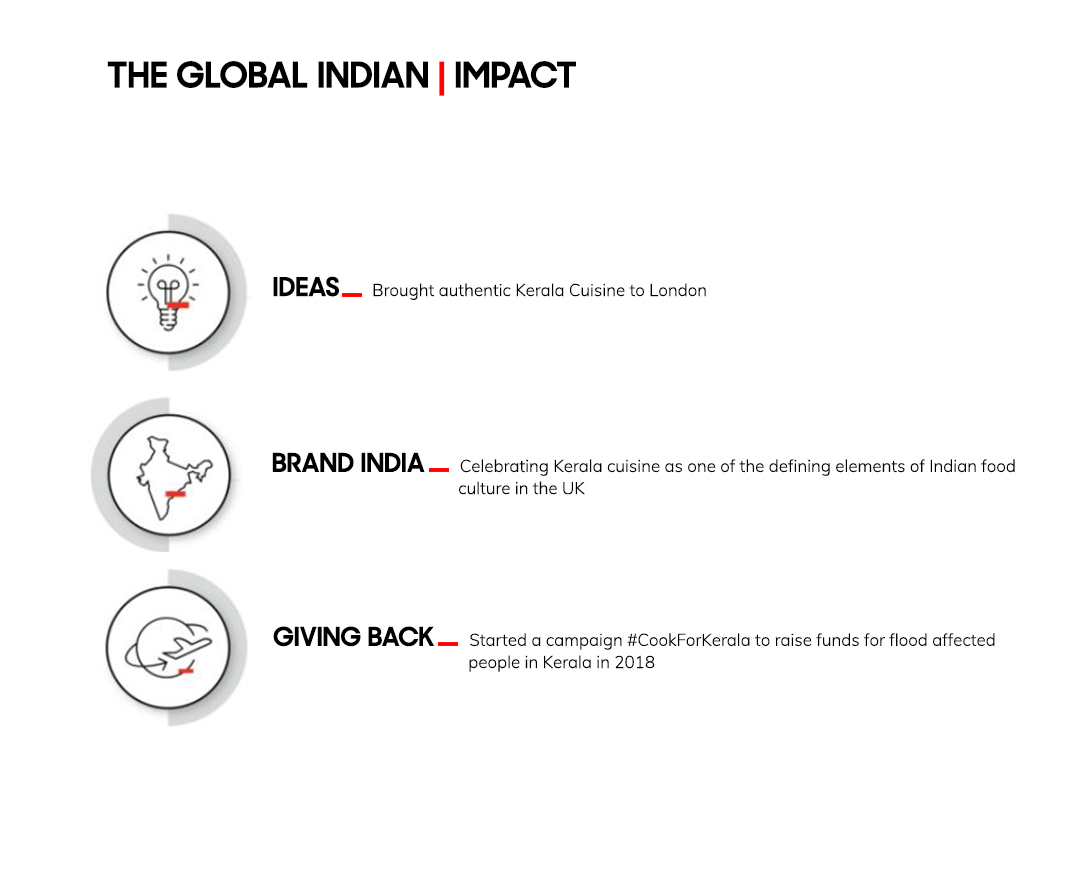(April 15, 2023) Sharmin Ali runs a multi-million-dollar company, but there is plenty more to her than that. She’s also a TEDx speaker, a theatre artist and an author. Her journey, fraught with challenges, has been a lesson in persistence and resilience. She went from grappling with a speech impediment to becoming an accomplished thespian and public speaker. Ali is currently the founder of InStoried, an AI-driven company that helps businesses increase and drive digital engagement. Today, Instoried has over five million users worldwide and their Content Generation service has over 500 companies as clients.
As she worked to overcome her speech impediment, her therapist advised her to take up theatre. Not only did it help her overcome it, she was also able to raise funds using theatre as a medium. “It was theatre that helped me get better at my speech because I would perform in Kolkata, my hometown, where we had to speak without microphones. I did some 300-hours of voice training which helped me overcome my fear of public speaking,”Sharmin Ali Ali says, speaking to Global Indian from San Francisco, where she now lives. Ali’s mother is also a theatre artiste and her innate love for theatre comes from there. “I have been performing for the last 14 years. I have grown up seeing her perform at Durga Puja events.”
Until the age of 21, speech was the biggest challenge. Today, she speaks as well as anyone else, perhaps better. There has been no dearth of people in her life who would mock her, but she never retaliated. Instead, she would recall her mother’s advice: “Steer your negative emotions into a direction which would yield result-oriented outcomes.” It remains her philosophy even today.

Sharmin Ali
Life in the Bay Area
Sharmin Ali came to Bangalore to pursue a degree in engineering. After her degree she began to work as an analyst but with her leadership team soon realising that she is meant for sales, she was moved to the US. “After coming back here I worked with a number of Fortune 500 companies for the next five years,” she says.
Nonetheless Ali was disillusioned. She worried that her work wasn’t adding any meaning to her life. She returned to India and resolved to work on creating her own venture. “She returned to India with a vision to build India’s very own Netflix, so in 2015 Art-Right-Is Productions was born. We ended up writing over 70 scripts and had more than 500,000 followers and 7 million views on YouTube and Vimeo.” It became one of the first companies to enter the OTT space in India, creating digital content, and writing and ideating scripts.
This was before the startup boom and monetisation was the main challenge. Also, Ali’s idea was ahead of its time. “Indian audiences were used to consuming content on their television sets, not on their mobiles or laptops. Moreover, the Jio revolution was just starting. We understood that we were a little early in this space and decided to sell the copyrights of all the scripts to a Mumbai-based production house,” says Ali.
Scripting Instoried
In 2019, Sharmin decided to give entrepreneurship another shot and founded InStoried, “the ‘ChatGPT” for marketers and designers, so to speak. “Basically, we use AI to help optimise marketing content. We started this back in 2019 when GPT 3.5 was not available. We used 70 million data points and built our own chatbot,” Ali explains.
Ali had always wanted to impact marketing and communication by making content easy to create and analyse. To keep the customers engaged, the team added emotion and tone checkers to ensure that the content is appropriate for that purpose. “It is called neuromarketing, Ali explains, adding, “Since emotions play a pivotal role in decision making. The very basic idea is not to let go of the customers.”
Ali says though her first company was in the media and OTT space, content was her first love. She understood that good quality content is king. “That’s how Instoried happened, after I sold the copyrights of all those scripts and when I decided to build my second company again in the content space.”
AI storytelling
Reading has been a great part of Ali’s childhood. Her mother would always focus on her reading comprehension. In order to be a good writer, one must be a good reader, she would always point out. “Reading helped me explore the art of storytelling which in turn helped me in expressing my thoughts more articulately.”
Ali feels a burning desire to write more, especially after having learned so many lessons through her journey. “When I write and create content, I’m a different person. I stop responding to calls if I’m into writing.” Ali, who is also an author, wrote her first book in 30 days and second book in six months.
“Writing is basically the very basis of launching Instoried. Writing books helped me realise in developing connections through storytelling.”
Ali is now writing her third book which, unlike the previous two, is going to be fiction. It is based on her experiences as a women entrepreneur in a chauvinistic environment.
Meeting challenges head-on
Starting a company wasn’t easy, more so because the Indian investment scene wasn’t so welcoming when she began. “The biggest challenge was to get the right team in place as we were building our own product in-house. However, my cofounder was able to help fix that for me and then we were flowing like water. One after the other, we built features and got the first iteration of the product ready.”
She reached out to a number of investors to raise some funds to help support the product development journey. After hustling for two years, they were finally able to launch the product to the public. Ali calls Instoried the world’s first end-to-end content writing tool which not only helps in content generation but also optimizes spelling and grammar, checks and edits tonality, and emotion.
“What makes us different is that we have built it in house, from scratch and we used 70 million data points for this,” Sharmin explains.
First among equals
Instoried has also launched Instoried ART, an AI-based image generation tool.
“We are the first Indian startup in the content creation space that uses state-of-the-art technology to generate AI images based on text prompts.” There are plans to add more features to make it robust. “We are working on making its capabilities more accessible for content professionals as well as for a common person.”
Besides that, Instoried is also working on increasing the accessibility of their tools across platforms like Chrome, WordPress, and other Content platforms.
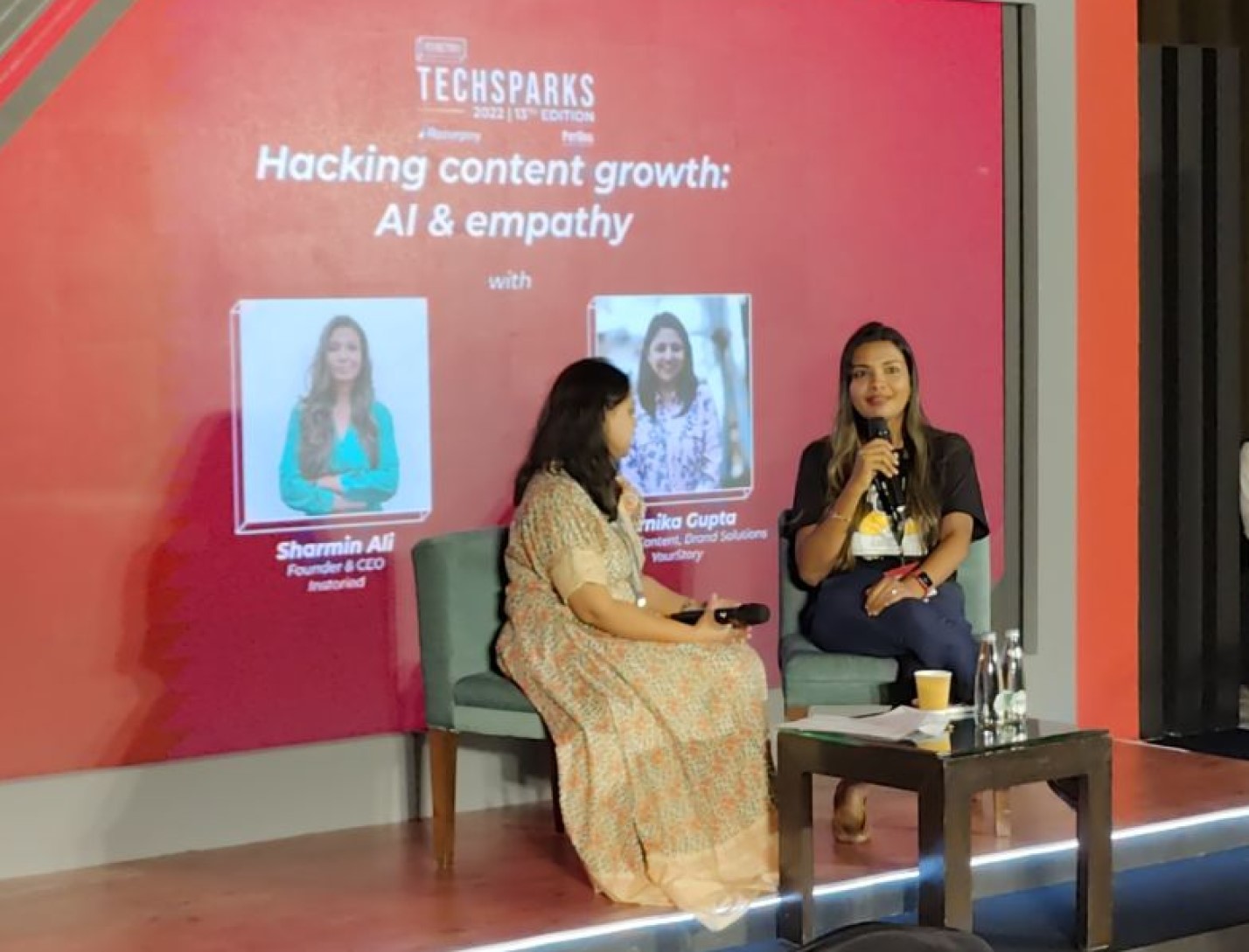
A stand for equality
For Ali, being a woman has been another big challenge because a lot of taboos are associated with women’s gender. She is a strong advocate of women and gender equality at the workplace.
“There are a lot of things that keep women from achieving their dreams. In our society women are believed to be technically deficit — which I’m strongly against. Women techies are at par with their male counterparts,” she adds with emphasis.
Ali stresses on the fact that the notion of women being bad at handling data and numbers should be trampled. “I am of the opinion that though women have to put in double efforts to carve their niche, women founders and technology leaders create more impact and are better leaders than their male counterparts.”
Sharmin’s tips for success
Sharmin Ali calls resilience, perseverance and patience as the most important points to achieve a goal. “No matter whether you win or lose, this journey will definitely give an entrepreneur some great perspective to hang on to, for life.”
Right now her focus is to expand the company in the USA and steadily grow sales to ensure growth in the North America market. “I’m aiming for profitability in the next quarter. I think there is no other North Star metric any entrepreneur should pursue.”
In order to stay up-to-date on industry trends, she follows a lot of technology publications and industry leaders and their podcasts. Ali believes that a strong team is crucial for any successful business. “Build a great team with very passionate people as that would be the greatest asset to possess,” she says. “Secondly, marketing is more important than technology. So invest in building a personal brand and then sell your company using that.”
- Follow Sharmin Ali on LinkedIn



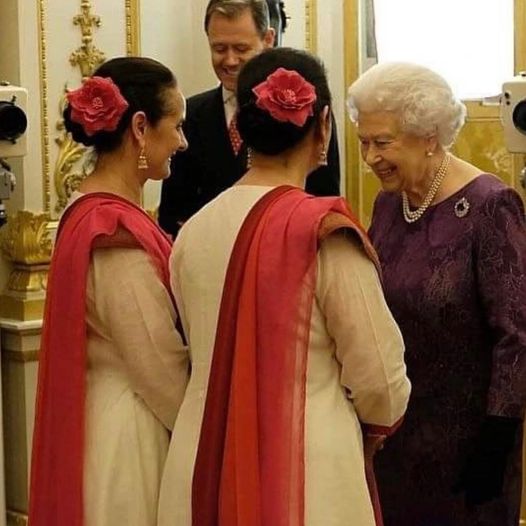 The Singh Twins with late queen Elizabeth II[/caption]
The Singh Twins with late queen Elizabeth II[/caption]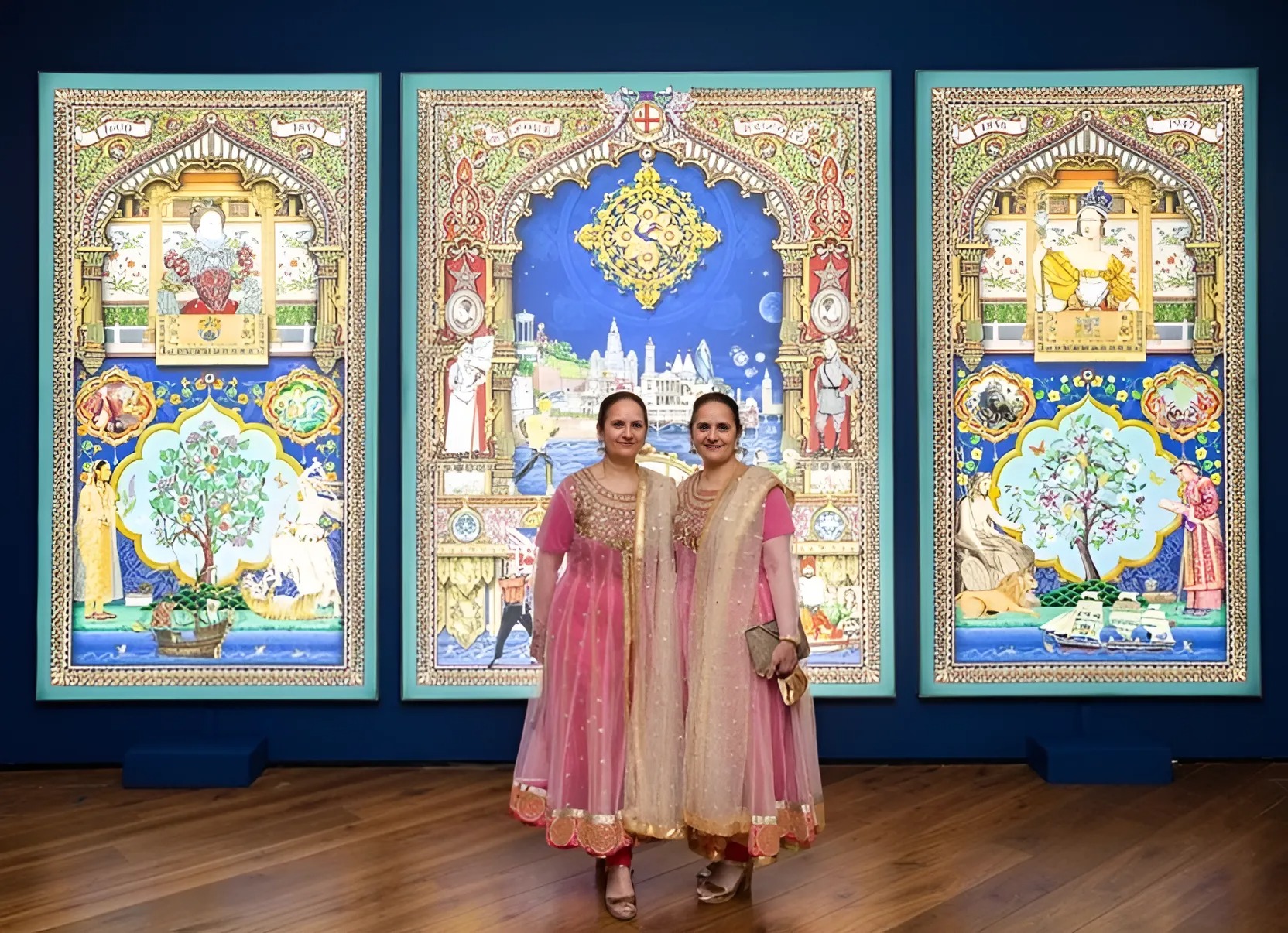 The Singh Twins during one of the exhibitions of their work[/caption]
The Singh Twins during one of the exhibitions of their work[/caption]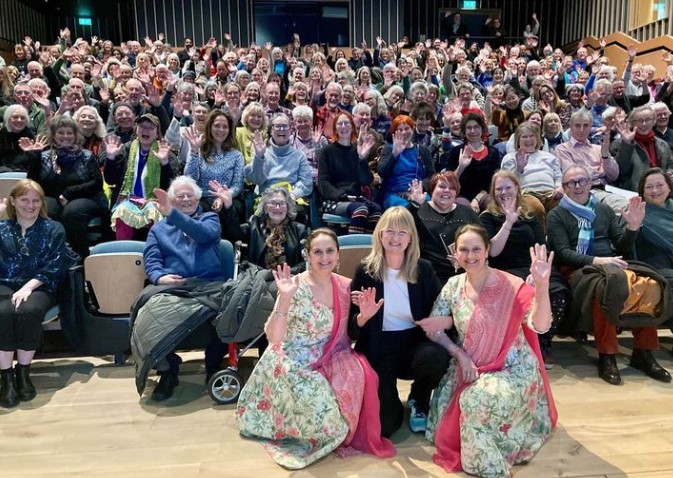 The Singh Twins at a packed house event at Norwich Castle Museum and Art Gallery[/caption]
The Singh Twins at a packed house event at Norwich Castle Museum and Art Gallery[/caption]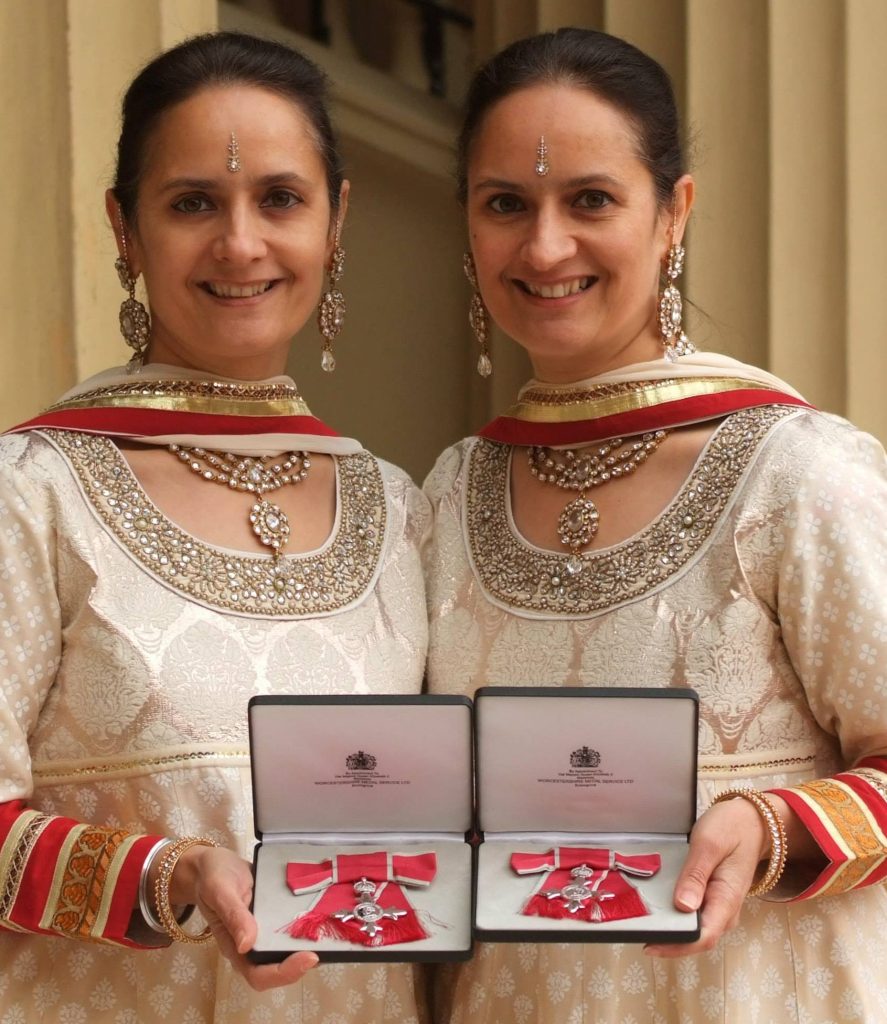 The Singh Twins with their MBE Medals[/caption]
The Singh Twins with their MBE Medals[/caption]

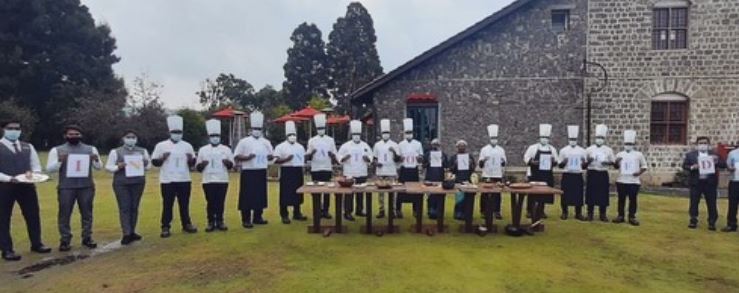

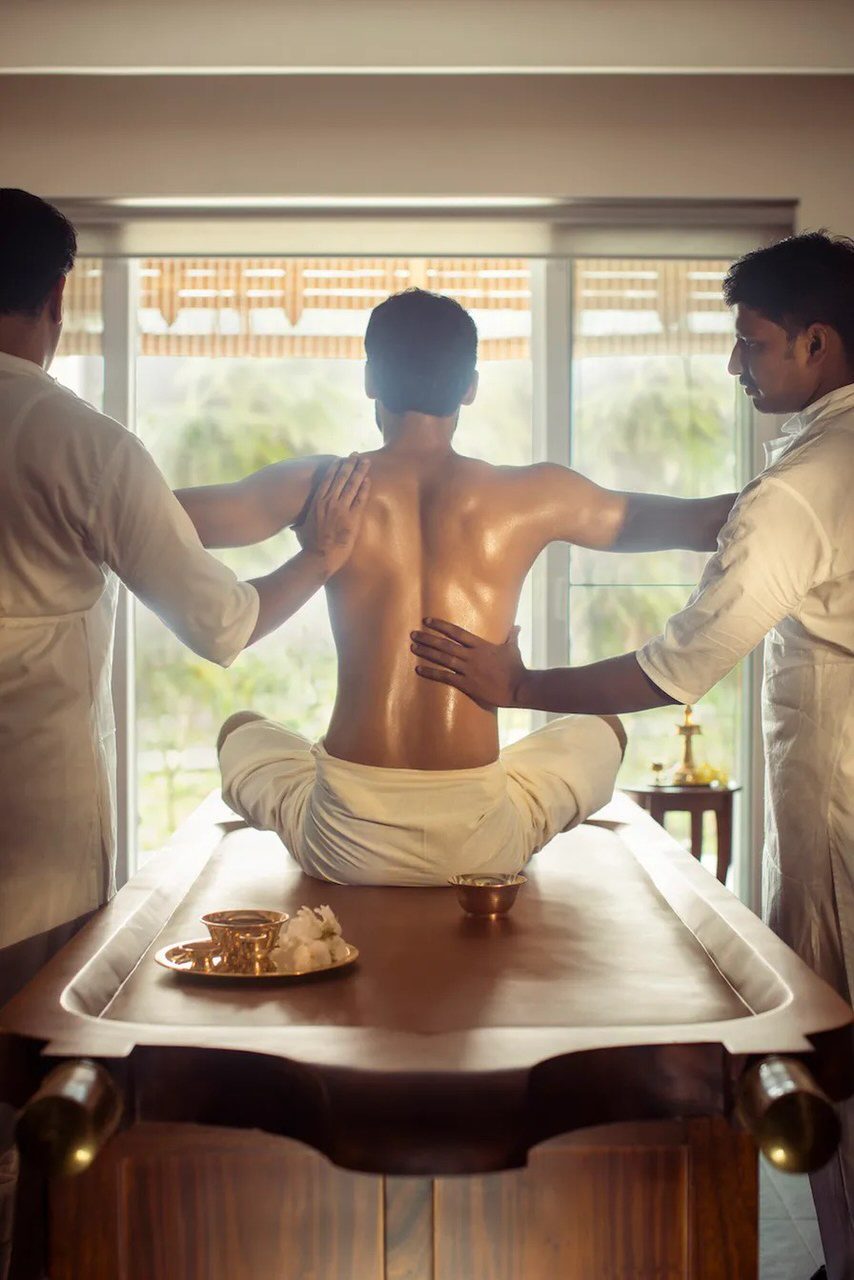
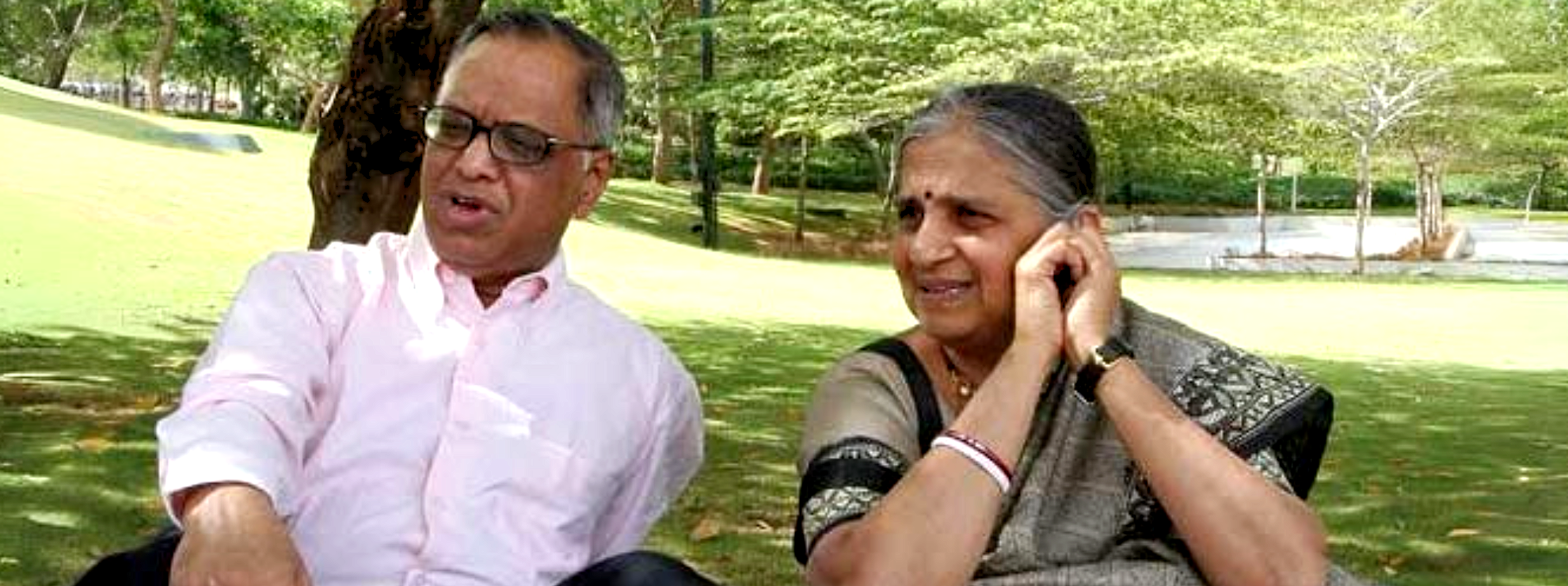

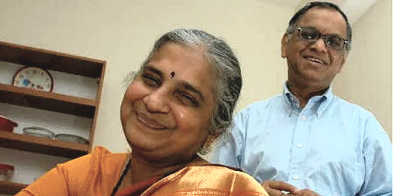
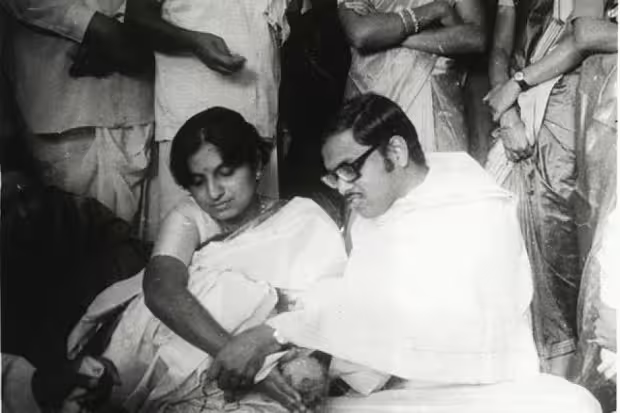 Sudha and Narayana Murthy[/caption]
Sudha and Narayana Murthy[/caption]